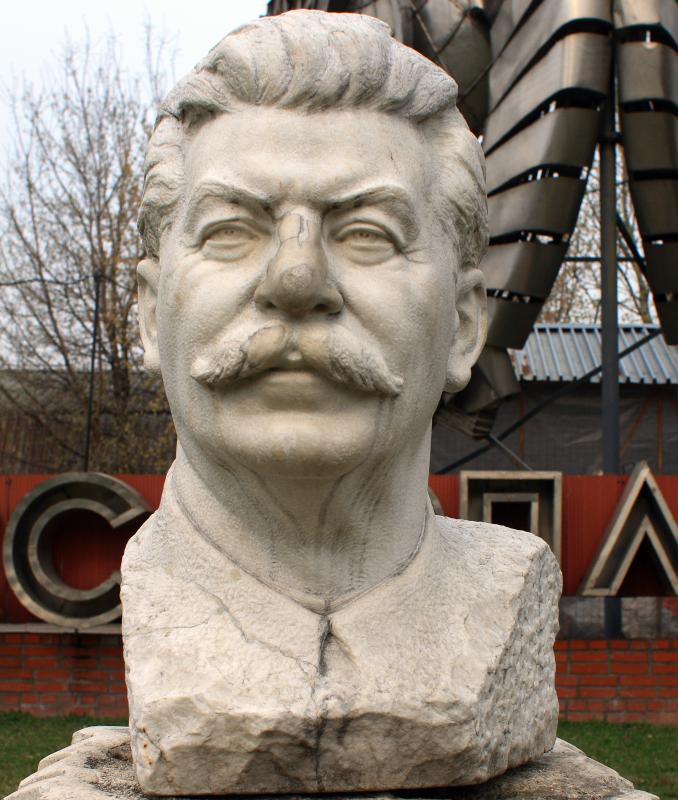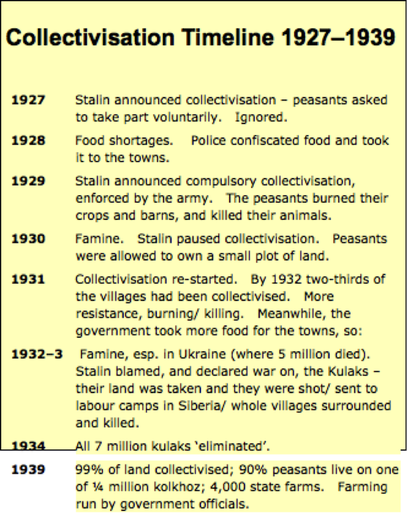
Stalin, to say the least, wasn't happy with Lovestone's news. Stalin "ridiculed" America for its abnormalities, which he cast under the banner of "exceptionalism," Daniel Rodgers, a professor of history at Princeton, said in an interview. Neither Lovestone or Stalin felt that the United States was superior to other nations - actually, the opposite. What Lovestone meant, and how Stalin understood it, however, isn't how Gingrich and Romney (or even Obama) frame it. Stalin responded by demanding that he end this "heresy of American exceptionalism." And just like that, this expression was born. In 1929, Communist leader Jay Lovestone informed Stalin in Moscow that the American proletariat wasn't interested in revolution. The nation had "unlimited reserves of American imperialism," lamented Communist propaganda at the time. Americans were different: individualistic, profit-crazed, broadly middle class, and as tolerant of inequality as they were reverent of economic freedom.


Why, in the what appeared to be the purest capitalist Western economy wasn't there any desire for egalitarianism? Had Marx been wrong when he wrote socialism would, inexorably and universally, emerge from the ruins of capitalism?Īmerica's radical left considered the national condition, contrasted it with Europe, and concluded leftism would be a hard sell stateside thanks to characteristics forged along the frontier.

The United States had long since passed the United Kingdom as the world's largest industrial power, but hadn't yet plunged into the Great Depression. But the Americans just wouldn't fall into line.


 0 kommentar(er)
0 kommentar(er)
